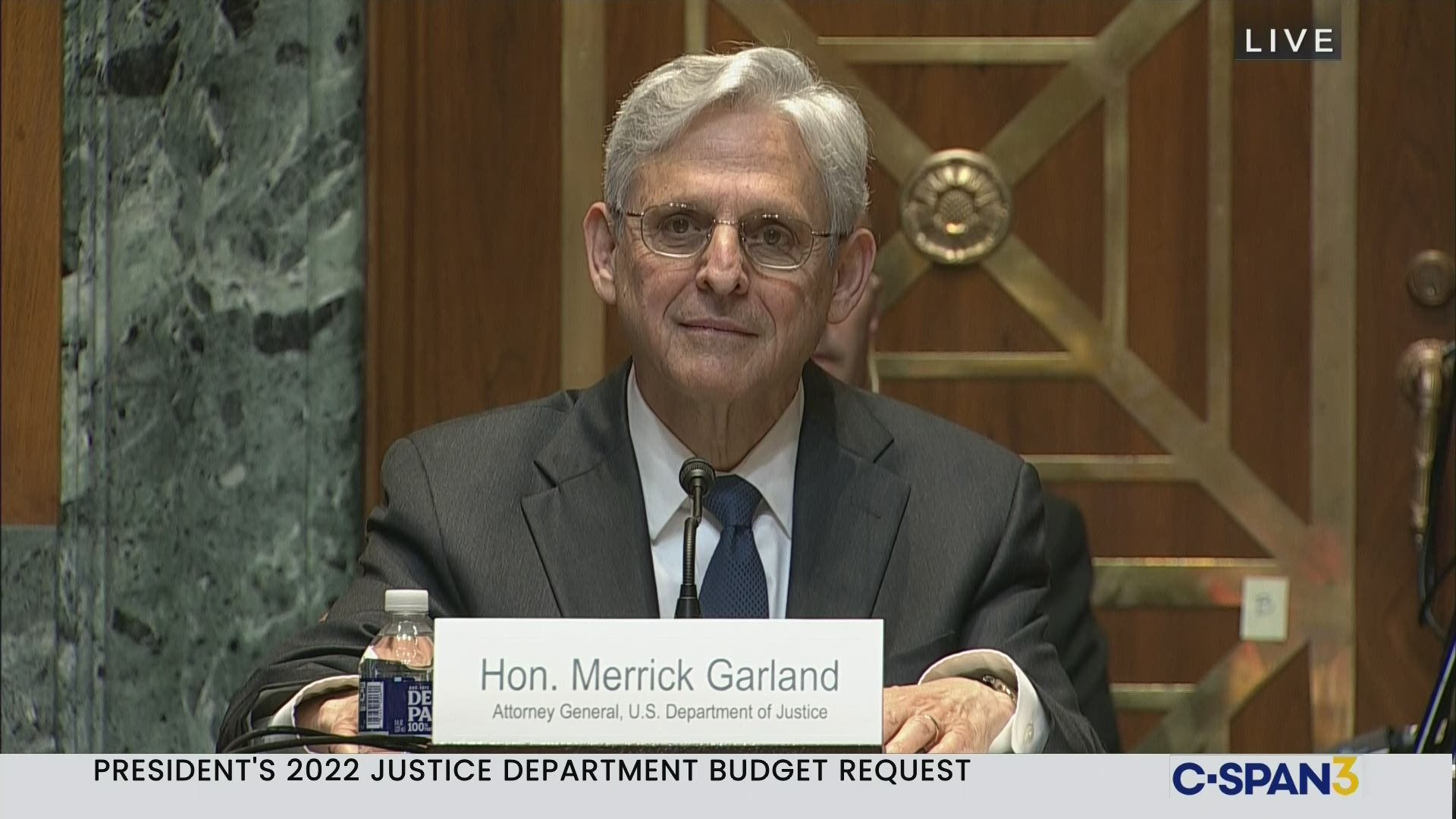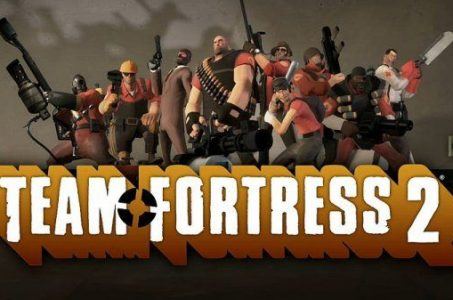US Justice Dept. Lets Wire Act Appeal Deadline Pass, State AGs Seek ‘Finality’
Posted on: June 22, 2021, 09:45h.
Last updated on: July 6, 2021, 12:38h.
A key deadline has finally passed in the federal lawsuit pertaining to the Trump Administration’s Wire Act opinion. As largely expected, the Biden Administration’s Justice Department opted against asking the Supreme Court to review a federal appeals panel’s decision. That panel rejected a proposed 2018 opinion that sought to expand the purview of the 60-year-old law.

On Jan. 20, the same day President Biden was inaugurated, the First Circuit Court of Appeals ruled in favor of the New Hampshire Lottery Commission. That commission objected to Trump-era Justice officials creating an opinion that portions of the Wire Act applied to all forms of gaming. The judges agreed that the law applied only to sports betting.
Two months later, the same court issued a one-sentence mandate regarding the ruling. That triggered a 90-day window for federal officials to ask the nation’s top court to take up the matter.
The Trump-era Justice Department sought to supplant a September 2011 opinion issued under the Obama Administration. State lotteries wanted that opinion because of concerns about the use of the internet and out-of-state transaction processors for in-state online sales.
“Interstate transmissions of wire communications that do not relate to a ‘sporting event or contest’ fall outside the reach of the Wire Act,” the 2011 opinion stated. “Because the proposed New York and Illinois lottery proposals do not involve wagering on sporting events or contests, the Wire Act does not prohibit them.”
States Press Justice Department for Action
While it would seem the 2018 opinion is no longer a threat, attorneys general representing 26 states would rather not, to borrow a gaming phrase, risk the chance.
Late last week, the states’ top lawyers sent a letter to US Attorney General Merrick Garland and Deputy Attorney General Lisa Monaco. They asked them to release a memo disavowing the Trump era opinion and adopting the First Circuit’s ruling.
States have no interest in pursuing legal cases in every federal circuit to obtain a ruling like the one issued by the First Circuit, nor is litigation a good use of the (Justice) Department’s resources,” the states’ attorneys general wrote. “But States need finality on this issue before they invest more resources in the development of online lottery platforms. The Department can and should put an end to this matter once and for all.”
Among those signing the letter was New Jersey Attorney General Gurbir S. Grewal.
While many of his colleagues’ concerns focus on state lotteries, Grewal’s issue in the matter also pertains to iGaming, which he noted was a lifesaver for New Jersey and its gaming operators during the early stages of the COVID-19 pandemic.
Online gaming revenues totaled $970.3 million in 2020, more than doubling the amount from 2019.
“New Jersey’s legal gambling industry – and the many state services and programs supported by gaming revenue and tax dollars — would have been devastated in 2020 without online gaming,” the New Jersey attorney general said in a separate statement Monday. “Internet gaming has for years been, and remains, an essential industry here, one the Department of Justice viewed since 2011 as perfectly legal until its baseless backtracking in 2018.”
Wire Act Ruling May Spur iGaming Growth
There are some though, who believe the DOJ’s actions – or inaction, in this case – spoke volumes.
In a statement Tuesday, the iDevelopment and Economic Association (iDEA Growth), a nonprofit trade association seeking to spur growth in online gaming, said the Justice Department’s decision to not take the case up to the Supreme Court should resolve any lingering issues about the 2018 opinion.
“The DOJ’s decision to not seek Supreme Court review—as well as all the court decisions thus far nullifying the 2018 opinion—signifies that confusion around the interpretation of the Wire Act may be a thing of the past,” said Jeff Ifrah, the group’s general counsel.
As a result, iDEA Growth said states that were contemplating expanding into online gaming can join agreements with other states that have legalized iGaming.
The biggest winner in all of this may be the online poker community. Currently, only Deleware, Nevada, and New Jersey belong to the multi-state shared liquidity pact for online poker. Larger states like Michigan and Pennsylvania have already licensed online poker apps in their state.
However, by not joining the shared liquidity agreement, players in those states are only able to compete against other players physically in that state. That reduces the field and interest in the games.
If players from Michigan and Pennsylvania were able to compete against players from other states, the larger pools would likely attract more interest and increase revenues across the country.
Related News Articles
Most Popular
FTC: Casino Resort Fees Must Be Included in Upfront Hotel Rates
Genovese Capo Sentenced for Illegal Gambling on Long Island
NBA Referees Expose Sports Betting Abuse Following Steve Kerr Meltdown
UPDATE: Former Resorts World & MGM Grand Prez Loses Gaming License
Most Commented
-
UPDATE: Whiskey Pete’s Casino Near Las Vegas Closes
— December 20, 2024 — 30 Comments -
Caesars Virginia in Danville Now Accepting Hotel Room Reservations
— November 27, 2024 — 9 Comments -
UPDATE: Former Resorts World & MGM Grand Prez Loses Gaming License
— December 19, 2024 — 8 Comments -
FTC: Casino Resort Fees Must Be Included in Upfront Hotel Rates
— December 17, 2024 — 7 Comments
















No comments yet